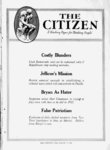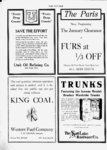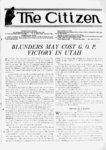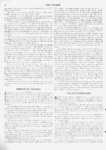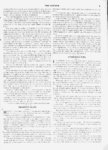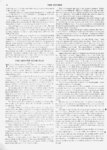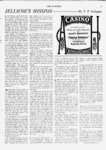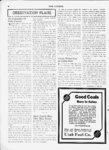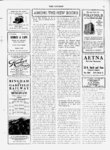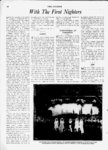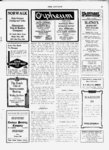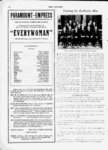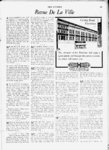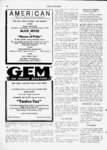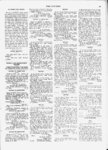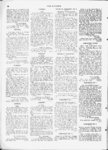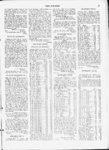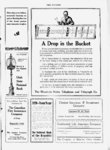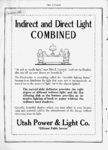Citizen | 1920-01-17 | Page 6
| Type | issue |
| Date | 1920-01-17 |
| Paper | Citizen |
| Language | eng |
| City | Salt Lake City |
| County | Salt Lake |
| Rights | No Copyright - United States (NoC-US) |
| Publisher | Digitized by J. Willard Marriott Library, University of Utah |
| ARK | ark:/87278/s6tb71gr |
| Reference URL | https://newspapers.lib.utah.edu/ark:/87278/s6tb71gr |
Page Metadata
| Type | page |
| Date | 1920-01-17 |
| Paper | Citizen |
| Language | eng |
| City | Salt Lake City |
| County | Salt Lake |
| Page | 6 |
| Reference URL | https://newspapers.lib.utah.edu/ark:/87278/s6tb71gr/29758533 |
